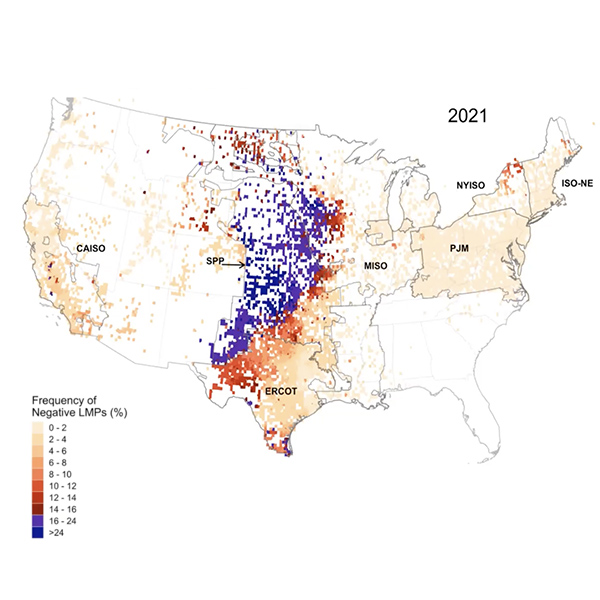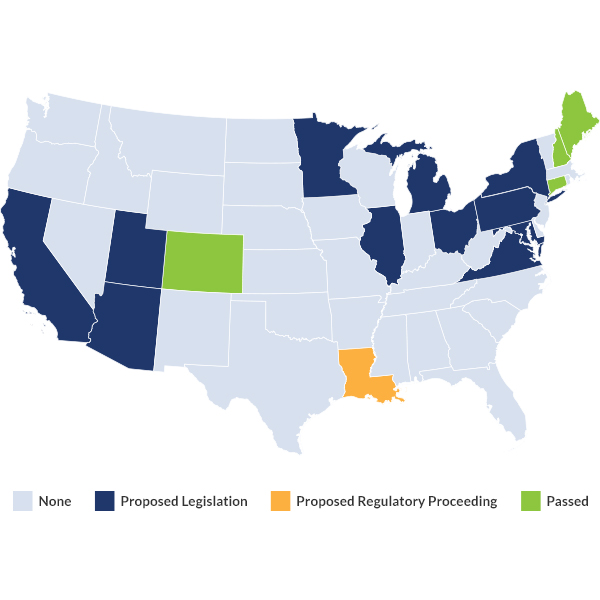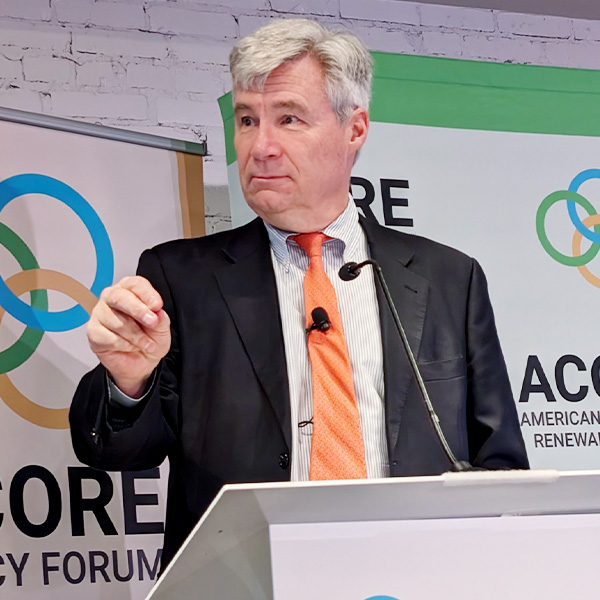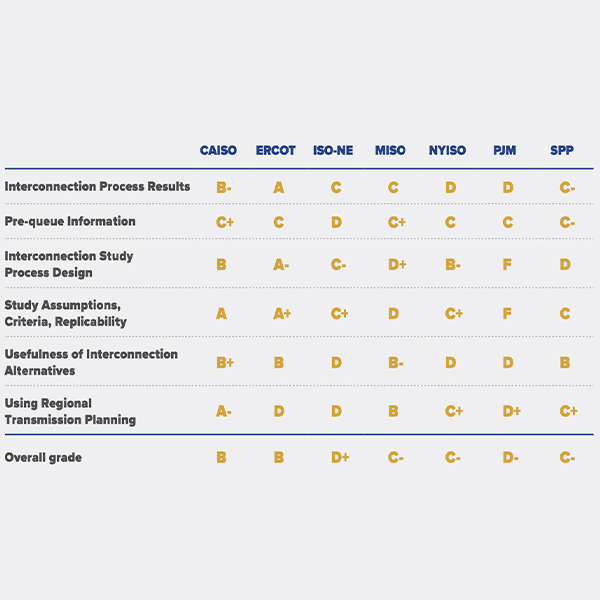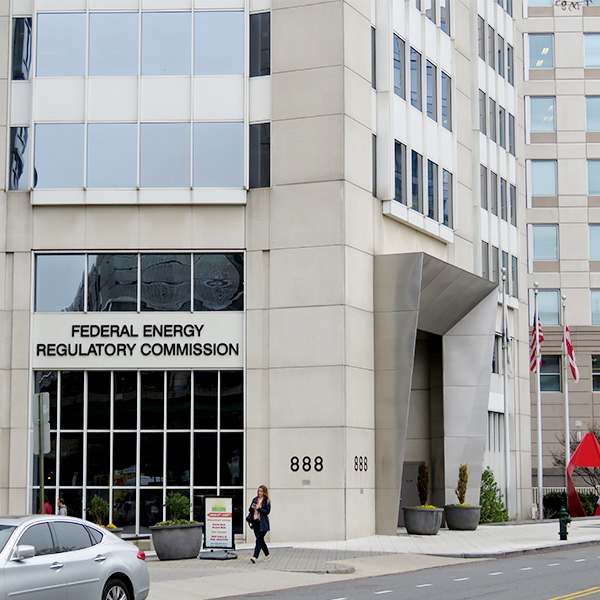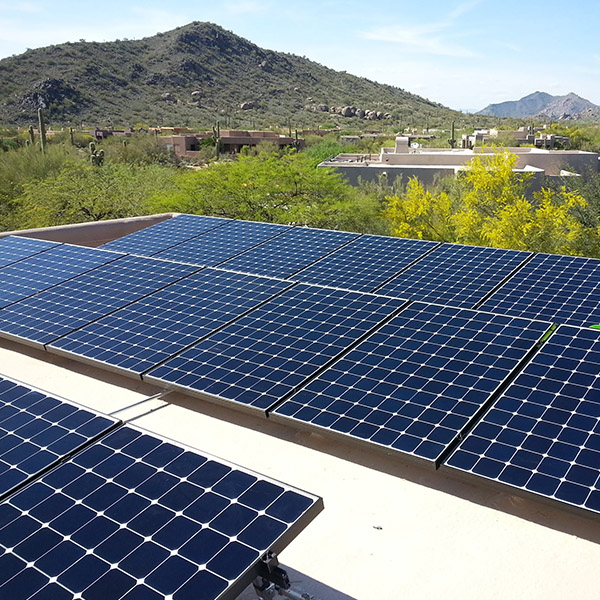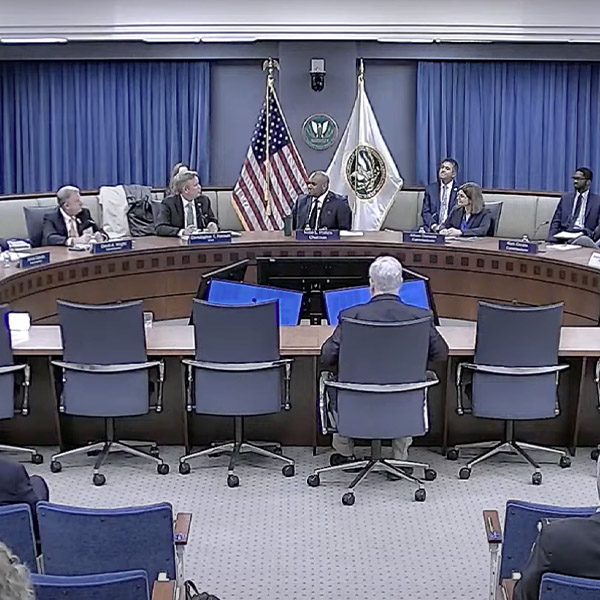Federal Energy Regulatory Commission
The Federal Energy Regulatory Commission is an independent regulatory agency that oversees the transmission of electricity, natural gas and oil in interstate commerce, as well as regulating hydroelectric dams and natural gas facilities.
FERC declined to act on a petition that accused the Salt River Project of violating PURPA with rates that discriminate against customers with rooftop solar.
With a major grid expansion on planning boards around the country, grid-enhancing technologies will be key to getting the most out of current and future systems, experts said.
Bribery scandals and concerns over reliability and the pace of decarbonization have caused increasing scrutiny of utilities’ political activities.
The power industry is facing an increasingly delicate balancing act as policies drive some generators to retirement, while major new loads are popping up and making planning more difficult.
One of the Senate’s strong liberal voices on climate change, Sen. Sheldon Whitehouse slammed the fossil fuel industry for its campaign of “climate denial and propaganda.”
Both FERC Chairman Willie Phillips and Sen. Joe Manchin want to pass policies this year that speed up the roll out of transmission, they said at the NARUC conference.
Advanced Energy United has released a scorecard that ranks the seven domestic ISO/RTOs on their generator interconnection processes, finding room for improvement in every one.
The D.C. Circuit heard oral arguments on FERC’s approval of the Commonwealth LNG facility in Cameron, La.
Solar advocates petitioned FERC to take enforcement action against SRP for setting rates that allegedly discriminate against customers with rooftop solar.
FERC and the Nuclear Regulatory Commission convened a joint meeting to looking into issues of common interest, including the rollout of advanced reactors and grid reliability.
Want more? Advanced Search

